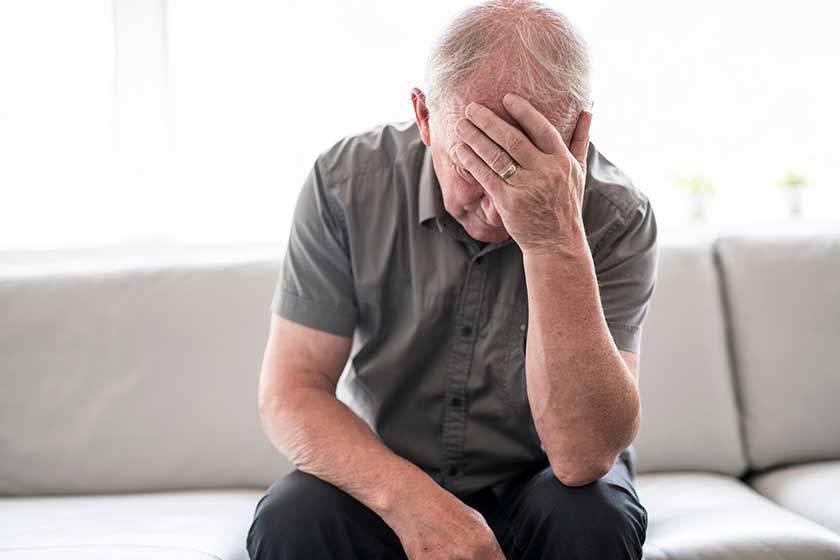Depression is a difficult condition to deal with, both for the person who is suffering from it and for their loved ones. If you’re worried that your loved one may be depressed, there are some signs to look out for.
Irritability
Irritability is often viewed as a negative emotion, something that should be suppressed or overcome. However, irritability can also be a sign of something more serious, such as depression. When your loved one is feeling depressed, they may experience a numbing of emotions, making it difficult to experience positive feelings. As a result, they may become more easily annoyed or angered by things that wouldn’t normally bother them. Feeling irritable may also be a sign that your loved one is struggling to cope with their depression and is overwhelmed by their negative emotions. If you notice they are feeling persistently irritable, it may be worth talking to a doctor or mental health professional to see if there is an underlying cause.
Withdrawal
Depression in seniors can often be difficult to spot. A common symptom of depression is withdrawal from social activities. Your loved one may stop attending their usual clubs and events, or they may stop seeing friends and family members. This can often be chalked up to simple loneliness or boredom, but it can also be a sign that something more serious is going on. Your loved one who is experiencing depression may withdraw because they no longer find joy in activities that they used to enjoy. If you notice them withdrawing from their usual social activities, it may be worth asking if they are okay. It could be the first step in getting them the help that they need.
Digestion Problems
While it is often associated with sadness and fatigue, depression can also lead to digestive problems. The elderly, in particular, may experience an increase in digestive problems when they are feeling depressed. Common symptoms include stomach pain, bloating, heartburn, constipation, and diarrhea. These symptoms can interfere with your loved one’s ability to eat and enjoy food. They may also lose interest in activities that were once enjoyable, such as cooking and eating with family or friends. If you notice that your loved one is experiencing digestive problems along with other signs of depression, it is important to seek professional help. With treatment, your loved one can manage their symptoms and live happy, healthy lives.
A Decline in Cognitive Ability
As your loved one ages, it’s normal for their cognitive abilities to decline somewhat. This can include problems with memory, language, and thinking. It’s also common for them to experience emotional changes, such as feeling more anxious or down. However, when the cognitive decline becomes more pronounced and starts to interfere with daily life, it may be a sign of depression. Studies have shown that seniors who are experiencing a significant decrease in cognitive ability are more likely to be depressed. If you’re concerned about a loved one’s mental health, it’s important to watch for signs of both cognitive decline and emotional changes. If you see any red flags, don’t hesitate to reach out to a mental health professional for help.
If your loved one is struggling with depression, consider a retirement community. Retirement communities provide an environment that is supportive and positive, which can be crucial for those who are fighting depression. Additionally, retirement communities offer a wide variety of activities and social events that can help promote mental health and well-being.







